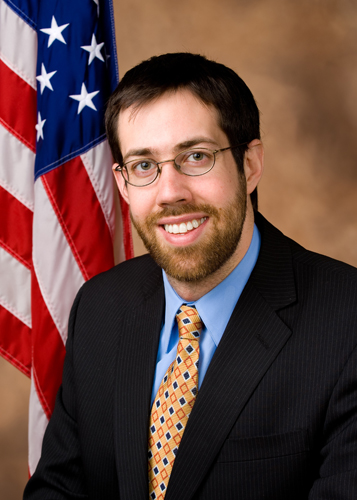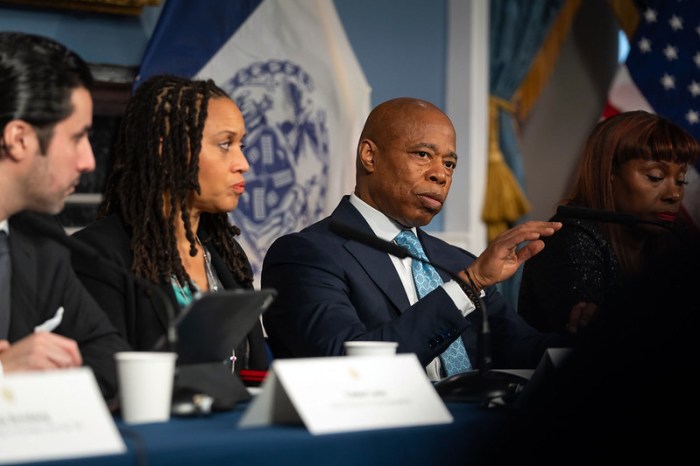By DANIEL SQUADRON | Over the last 40 years,

Battery Park City has gone from a concept to the extraordinary neighborhood we see today.
Walking the neighborhood’s streets and parks, visiting its schools, restaurants and offices, talking to its residents, no one could argue that the change is anything less than dramatic, in just about every way. Except for one thing. The governance of Battery Park City is largely unchanged. It still has the same structure it had when it was a start-up development project. But it is a development project no more.
So much has evolved in Battery Park City. It is time for its governance to evolve too.
Currently, the Battery Park City Authority board is appointed by the governor, and confirmed by the State Senate. Of the six board members, only one is a local Battery Park City resident.
As we’ve seen from many of the controversies over the years, that system, and the dynamic it creates, just doesn’t work. This year alone, there’s been real community concern surrounding Downtown Little League ballfield permitting, the operation of North Cove Marina, and the sudden departure of the long-serving Battery Park City Parks Conservancy head. In part, this is indicative of a board structure that was not designed for community engagement.
In fact, this type of controversy at B.P.C.A. is nothing new. As far back as 2010, Community Board 1 was calling for a stronger local voice in decision-making.
It is not just decisions within the community. In 2009, the state swept B.P.C.A. funds, using authority money to close a statewide budget gap.
That’s why, along with my elected colleagues, I’ve long supported more B.P.C. resident appointments on the board — and voted against otherwise qualified non-resident appointments solely for that reason.
But even bigger than that, we have an opportunity to move towards city control of B.P.C. Did you know that the city has an option to take over governance of Battery Park City? This presents a unique opportunity to reform decision-making and integrate local voices. City control leads to more local accountability, and can better reinforce structures for community dialogue.
My call for the city to exercise its option is not new, nor is it in response to today’s short-term controversies. I first called for this structural change when a different board and administration were running the authority.
Fortunately, city control wouldn’t need to be developed from scratch. I’ve worked with colleagues to get city control at Governors Island and Brooklyn Bridge Park. At both, we insisted on local community and elected official representation. Though I don’t always agree with each controlling entity’s actions, these structures have forced robust community engagement before decisions are made.
If the city does exercise its option, it must first commit to more local representation on the board. At Governors Island, that means the state senator, assemblymember, and community board each get an appointment. At Brooklyn Bridge Park, the City Council and borough president get an appointment as well.
Under city control, the B.P.C. managing entity would also be more structurally aligned with the city’s community board system, and required to follow city procedures and processes.
City control can also better ensure that surpluses generated from B.P.C. PILOTs (payment in lieu of taxes) are not raided to close unrelated budget caps. That can’t be how state and city budgets are balanced.
With residents and local small businesses being priced out, Lower Manhattan is also facing a critical affordability crisis. Excess funds under city control are more likely to be used to support and increase affordability in and near Battery Park City.
B.P.C. is a real success story, and much of that credit belongs to the Battery Park City Authority. For decades, it has accomplished a great deal as a developer. But, as with all successful construction, once it is done, the equipment and scaffolding are taken away, revealing something newly built. That change from builder to built has not been reflected in the authority’s governing structure.
The community has a great opportunity here, and should work with the city to make it a reality.
Daniel Squadron is the state senator for the 26th District, which includes Battery Park City.

















